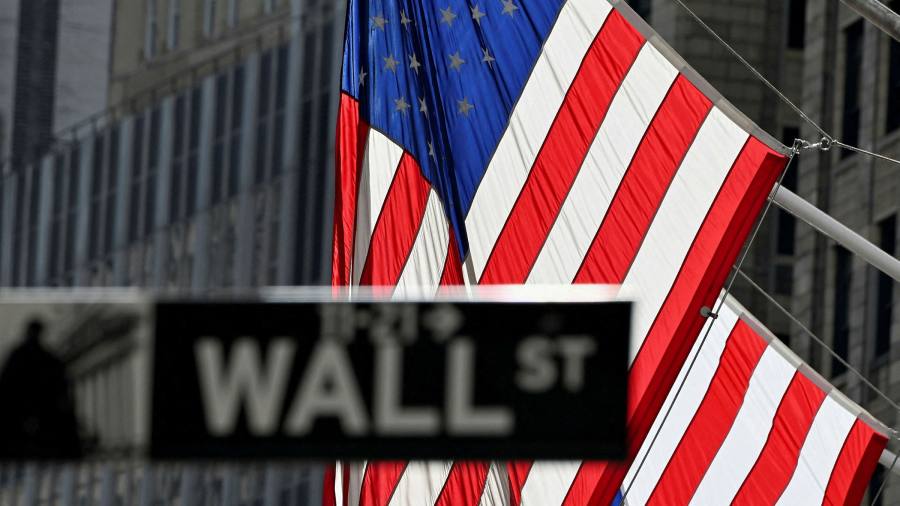[ad_1]
A crashing economy is bad news for creditors. But one running too hot may not be great news either. Despite a deep recession in 2020, monetary and fiscal stimulus proved the perfect antidote for most lenders, bondholders and debt issuers. Falling yields and spreads meant fixed income securities soared. No surprise that companies issued trillions in bonds and loans across credit ratings.Â
But fixed income instruments by definition do not cope well with the threat of inflation. Ten-year US Treasuries now yield 1.4 per cent. Low historically, though still up from 0.9 per cent in just two months. The year-to-date return on the Bloomberg Barclays US bond index is already minus 0.72 per cent after surging 7.5 per cent last year.
More interesting is the knock-on effect upon equity valuations. A healthier US economy should enhance corporate profits. But higher interest rates also threaten the value of future, uncertain profits. In the past five days, the tech-heavy Nasdaq index has fallen more than 2 per cent as peak valuations are re-evaluated.
Wall Street, presciently, took full advantage of easy conditions until the end. In January $52bn of junk bonds was issued in the US, the third-highest monthly volume ever recorded. Average junk bond yields had cratered to about 4 per cent with even highly indebted issuers such as cruise operator, Carnival, able to tap the markets at coupons below 6 per cent.
Most ominously, perhaps, leveraged loan issuance used to pay for dividends to private equity partners had swollen to $7bn through early February, according to S&P LCD, the second-highest total recorded since 2010.
The full consequences of quickly rising rates are tricky to predict given years of low borrowing costs. Absolute rates will remain low by historical measures but, as the taper tantrum of 2013 showed, capital markets can overreact to sudden shifts in borrowing costs. Wall Street should recognise the bigger picture. An easing pandemic, after a long hibernation, should lead to some rapid economic growth initially. That is no bad thing.
Our popular newsletter for premium subscribers Best of Lex is published twice-weekly. Please sign up here
[ad_2]
Source link





